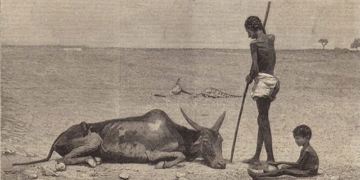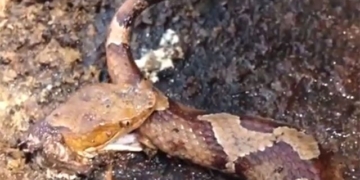 Researchers at Harvard Medical School and the University of California-Davis have recently discovered new genes that may help extend human lifespan.
Researchers at Harvard Medical School and the University of California-Davis have recently discovered new genes that may help extend human lifespan.
Significantly reducing caloric intake, known as caloric restriction, is known to prolong the lifespan of organisms such as yeast, worms, and rodents.
Previous studies have suggested that a gene called Sir2 may play a role in extending lifespan by limiting calories. However, research also found that yeast and worms lacking Sir2 can live longer when placed in environments with abundant food, indicating that other genes may also contribute to this effect. Numerous studies have been conducted to identify these genes.
Currently, researchers, led by David Sinclair at Harvard Medical School and Su-Ju Lin at the University of California-Davis, have investigated and discovered a new gene that aids lifespan extension in yeast, named Hst2.
The loss of both the Hst2 and Sir2 genes retained much of the beneficial effects of caloric restriction. When Hst2 is excessively activated, it functions more than usual, and the yeast also lives longer than normal. A third gene called Hst1 exhibits a similar effect when both Sir2 and Hst2 are absent.
“Sir2 and the newly identified genes Hst1 and Hst2 are key to understanding how caloric restriction benefits can lead to increased lifespan in yeast,” said Su-Ju Lin from the University of California-Davis.
The study was published in the September issue of the journal Science.
T.VY (According to Physorg, UPI)

















































